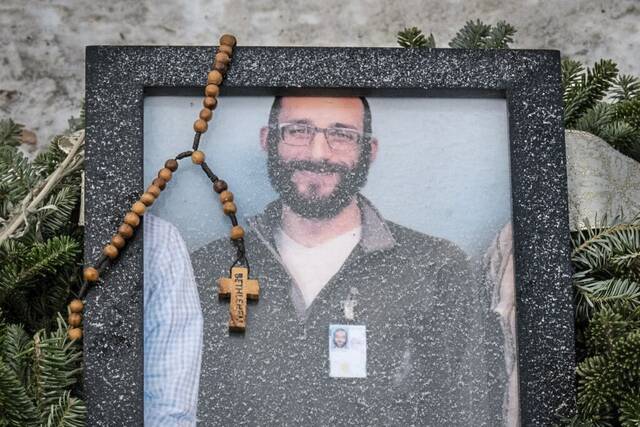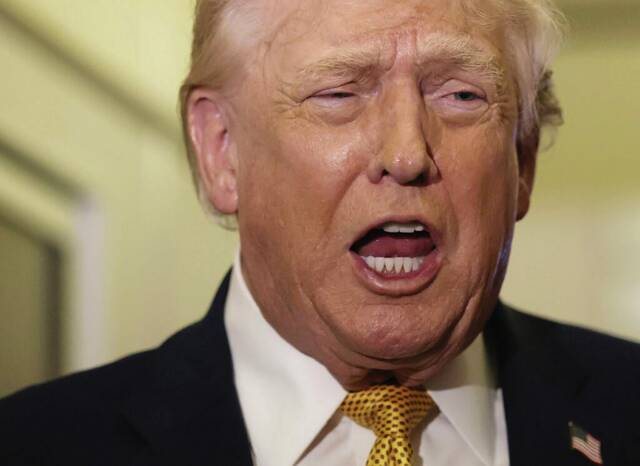If I were a Palestinian struggling amid the rubble in Gaza, I would probably think Israel is committing genocide. If I were a German hiding in Dresden or a Japanese civilian outside Hiroshima in 1945, I’d probably feel the same way about the United States. But none of these amount to genocide.
Genocide has a specific definition, “the deliberate and systematic extermination of a national, racial, political or cultural group.” The term was coined by Rafael Lemkin, a Polish Jew, in response to Winston Churchill’s observation about the Holocaust: “We are in the presence of a crime without a name.”
In fairness, images of war, particularly of this war, can seem to indicate genocide. But, in Gaza, this stems in no small part from Hamas’ strategy. They cannot win, and will not fight, a conventional war; Palestinian civilians don’t get bomb shelters, only Hamas fighters do.
The point remains: If supposedly all-powerful Israel has been bent on genocide, it’s oddly bad at it. According to the Palestinian Central Bureau of Statistics, the Palestinian population has grown more than eightfold since Israel’s founding, while the population of the Gaza Strip has increased 600% since 1960.
So maybe genocide was never Israel’s intent in the first place?
Of course, you can’t say the same about Hamas and Hezbollah. They’re open about their goal of eliminating Israel.
Even denunciations of Israel often undermine the genocide claim. Israel is condemned for inadequate warnings about attacks and insufficient humanitarian support to Gaza. But, if genocide were the aim, why drop warning leaflets or provide aid at all?
Alas, it’s a sign of the times that absolving Israel of Hitlerite genocide counts as an outrageous defense of Israel. (It’s a bit like when I tell some of my fellow Trump critics that Donald Trump isn’t Hitler and they react like I’m rushing to his defense.) There’s plenty to criticize Israel about without resorting to genocide accusations. And plenty of very negative labels can be defensibly, or at least arguably, used to criticize Israel’s actions in Gaza — inhumane, excessive, wanton — without mischaracterizing its intent.
The claim that Israeli policy toward Palestinians is racist and genocidal is very old, with deep roots in Soviet propaganda along with Holocaust denial. Mahmoud Abbas, the Palestinian leader in the West Bank, wrote his doctoral dissertation on this garbage at Moscow’s Patrice Lumumba University. Vladimir Putin, whose war against Ukraine does fit the U.N.’s definition of genocide, has revived this tactic to distract and divide the West.
All this is worth noting, and not just to demonstrate the pretextual nature of the accusation and highlight the double standard applied to Israel at the U.N. and elsewhere. In recent years, American journalists have anguished over the problems of disinformation in general and Russian disinformation in particular. There was a related, robust debate over whether journalists should call Trump’s lies “lies.” But, on any given day, politicians, pundits and activists routinely accuse Israel of genocide, even “massive genocide,” with little to no pushback from the press. In fact, the opposite is more common. The press often leaps at allegations, often initially made by Hamas, that seem to confirm the genocide charge, only to have to backtrack later when the facts emerge.
Indeed, it’s worth noting those most loudly calling for a ceasefire to stop Israeli genocide often fall short of demanding that Hamas surrender. That would stop the “genocide” bloodshed-by-any-name tomorrow, but apparently that’s a bridge too far for those outraged by genocide.







